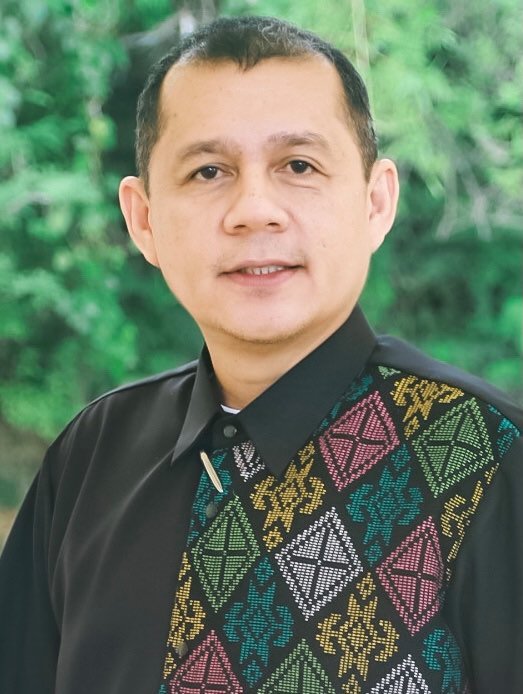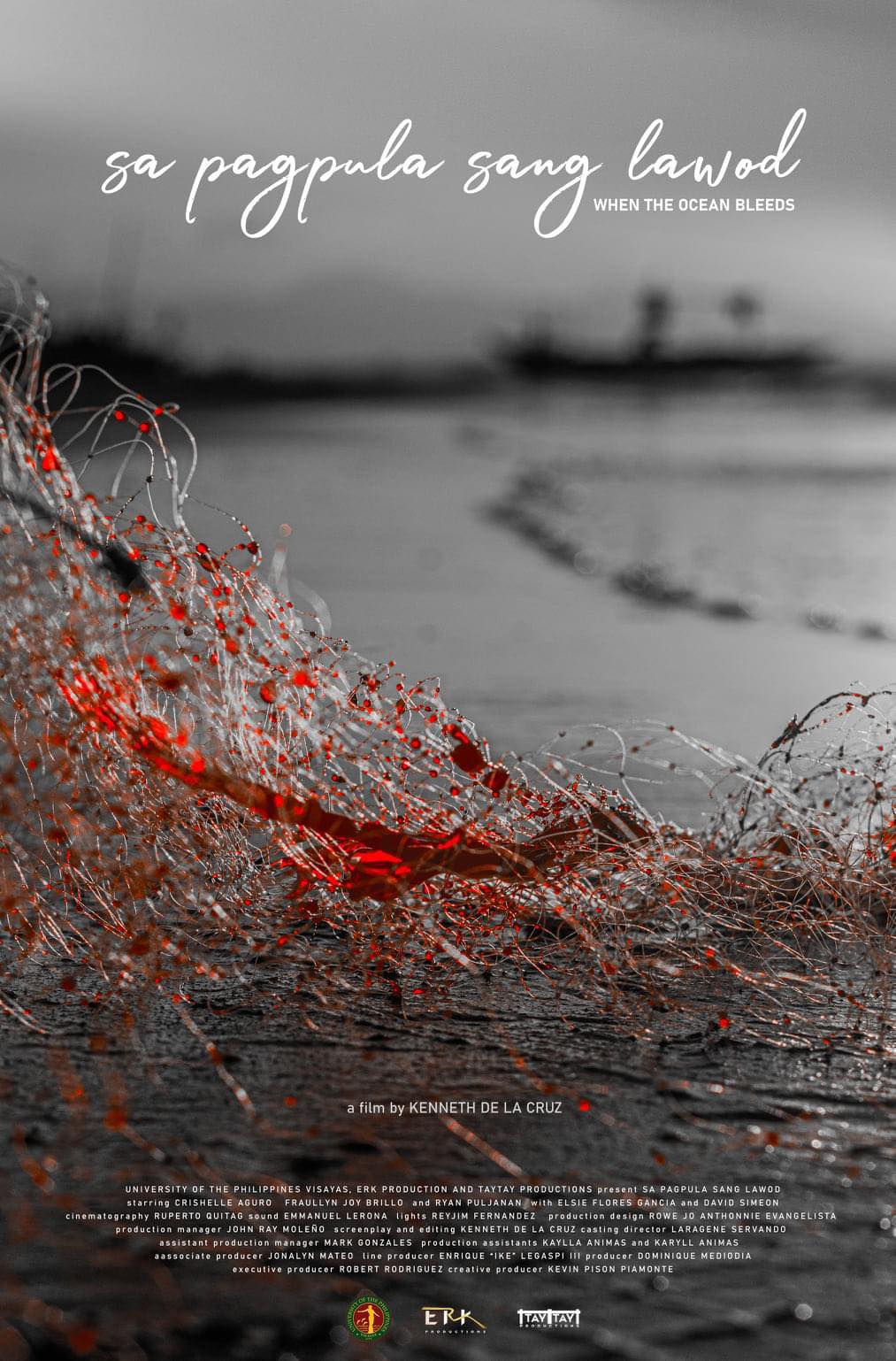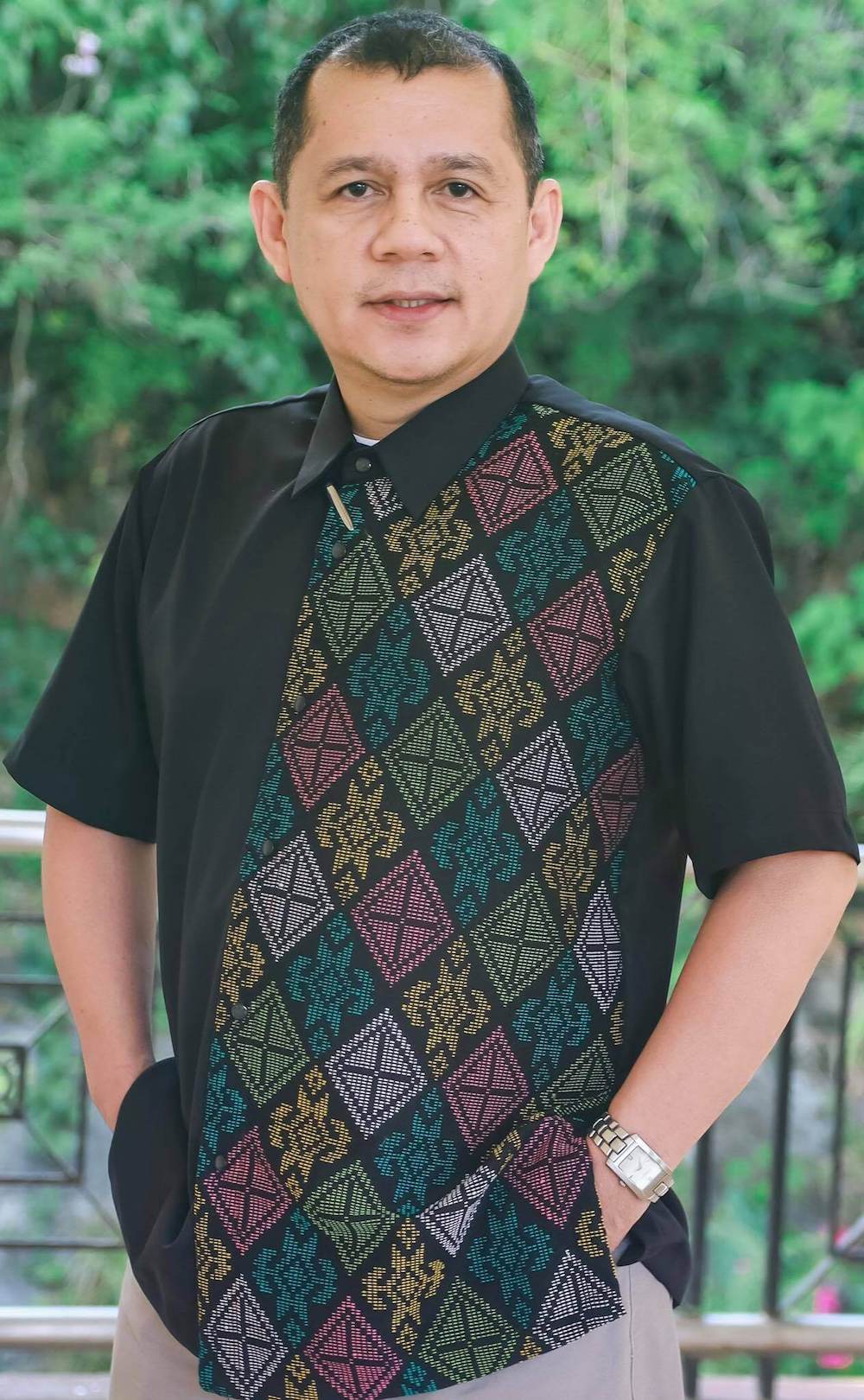One hundred twenty days since he assumed office, Dr. Clement Camposano shares how his life has been as chancellor of UP Visayas.
Despite his busy schedule, we got a chance to sit down and talk about things, from the mundane to the most serious and thought-provoking – his initial reaction upon learning of the appointment, uprooting himself from Manila, the challenges of taking over such a huge leadership role during a pandemic, his weakness and strengths, surprises along the way, and what lies ahead for UPV with over two years left to lead.
Has Chancellor Camposano finally settled in? Does UPV still feel like home, like it used to? Is he satisfied with the team he has gathered to help him usher in innovations and bring better things to UP Visayas?
Will two years and eight months be enough?
********
The room is busy, like any other day. Piles of papers to check and sign are strewn about his desk. Chancellor Camposano busies himself in the corner, checking yet another seemingly endless stack of documents right after logging out of a Zoom meeting – the usual scenario since the pandemic started.
The setup seems daunting, but he greets us and settles comfortably in his chair, ready to take on the questions we have prepared for him. We have come to talk about what transpired since he started as the 11th Chancellor of UP Visayas.
November 2020 feels like ages ago.
Q: At what point did you realize being Chancellor of UPV was something you wanted to do? What circumstances led you to accept the nomination?
It never occurred to me that I would actually serve as Chancellor of UPV, although I have always thought that I could do this job. This is something that I could do, but I never seriously thought of it because, frankly, I was quite focused on several research projects where I was deeply invested.
But things change, I suppose.
You know, I always keep telling people that I always thought that I would return to UPV; I just did not know in what shape or form. But when I started having initial dialogues with some of the UPV faculty members, I realized that maybe this might be one way that I could actually return to UPV.
Q. Did it take you long for you to decide to accept the nomination?
When they were sharing their issues and concerns, I realized that if these people whom I have known for many years think that I am the person who could address these concerns – somehow, it is an obligation on my part to accept the challenge. Because these are not strangers, these are people I knew from way back. And I’ve always had strong attachments to UP Visayas. I never really cut my ties with the University. In that sense, I can say that making up my mind wasn’t that difficult.
Deciding was not that difficult; it was the right thing to do. It was dealing with the consequences of that decision and the fact that I had to relocate here that was the challenge. It was a big change for me and Sahlee, my wife.
On the one hand, it was a bit of dislocation because I was settled in Manila, and my life was there. Most of my professional commitments were there. It was a significant disruption – an uprooting because I already have roots in Metro Manila.
On the other hand, I quickly realized that I have roots here. I was not actually uprooted but finding my roots. In the end, the transition happened quickly.
Q. Where were you when you found out you got the Chancellorship? And what did you do?
I was in my room, under quarantine. Quezon City had alarming numbers of COVID-19 positive cases then. We couldn’t really celebrate under the circumstances. But I bought myself a nice meal and a beer.
Q. What would you say your strengths are as a Chancellor?
I am a communicator.
Q. And your weaknesses?
I tend to get impatient.
Q. What are the three most challenging things you have had to face as a chancellor so far?
The teaching operation of the University having to be done online.
There’s really no road map for this. That’s why it’s a real challenge. It’s also a fascinating learning process. I think we will come out of this pandemic with a much stronger sense of our own capabilities as an institution.
For many of our students, the problem is the difficulty and challenges of remote learning and the fact that there is a level of uncertainty brought about by extreme weather events. We can’t have online learning without electricity. The effects are adverse.
Last year, we were hit by two major typhoons, so many students lost their gadgets, some even lost their homes.
I suppose the other challenge is faculty and student morale. When I assumed the chancellorship, I was teaching full time. That helped me see clearly what teachers were up against. You simply cannot import the same course content into online learning without having to make very major adjustments.
That’s the reason why I’m trying to be facilitative. When you have a problem like this – a shift to online learning, the tendency is that it also amplifies some of the existing difficulties for both students and teachers. These include many of the inequities that prevail in organizations before the pandemic, like access to resources, not just among students but also among faculty members.
That's something that we really need to work on. That’s why we’re particularly concerned about the issues being raised by teachers.
The third challenge is the expectation that the University has to measure up to society's other institutions. For example, local government units (LGU) look to the University for technical assistance. They also see the University as playing an important role in addressing many issues. That level of expectation is also something we need to address. The challenge can be daunting because there are many issues that LGUs face, and we can’t really retreat from the challenge. We have to face it. We have to always be ready to help.
Q. What are your plans for extending engagement to the community?
The University cannot be present everywhere, so we must identify specific clusters and general areas where we can bundle together our research, extension, and even teaching activities.
It’s also something that strengthens our academic programs. We need to give our students the exposure that will help them build their competence as scholars and give them that social orientation and desire to help communities.
The more I engage with these kinds of issues, problems, and challenges, the more convinced I am of the value of the UP Vision. It’s one thing to think about Iskolar ng Bayan as an abstract idea; it’s another thing to see how our own students can empower communities and be part of conservation efforts, in and out of government—doing real-world research.
That’s the reason why I feel so bad when law enforcers misrepresent reality by branding the University as a safe haven for enemies of the state as if that’s the sort of thing that defines us. It is really grossly unfair.
It’s such a grave injustice to many of our students who are now part of the government, who are now even in politics and want to make a difference despite all the limitations. Despite human frailties that attend politics, anywhere and everywhere. We don’t always agree with their decisions. I think it’s safe to say they’ve measured up to the challenges.
Q. How’s your team so far?
I have a very interesting team. The team is quite complementary. They bring different types of skills, different approaches, attitudes.
They’re fun to work with. I have no problems so far. They have strong personalities, which is important because their jobs are daunting. You can’t have somebody there that’s easily intimidated. On the other hand, you need a good team player. I’m quite happy with the way this team was put together. I’m quite happy with how this team is evolving and how this team is finding its rhythm.
There are more challenges, I’m sure. We’re only over three months on the job. We have not seen all the major types of challenges that we have yet to face. However, based on the interactions we have had as a team, I think we’ve already managed to address a number of issues.
Thus far, this has allowed us to really come together as a team. It’s never easy. If you’re working with people who are confident about their own competence, about their own skills, about their own assessments, you have to enter into sincere and sometimes intense dialogues and discussions. There has to be communication. You cannot have enough of that. That’s the biggest challenge of anyone who is running a complex and evolving organization such as ours.
End of Part 1.
Part two continues next week as Chancellor Camposano shares his surprises and disappointments, his plans of turning UPV into a biodiversity hub, building on the University’s strengths, and finding the areas of improvement in order for the University to grow. Moreover, he discusses how the University’s three-part mandate, research, public service, and teaching, should be treated as one; and how he visualizes the future of UPV after he has finished his term.


